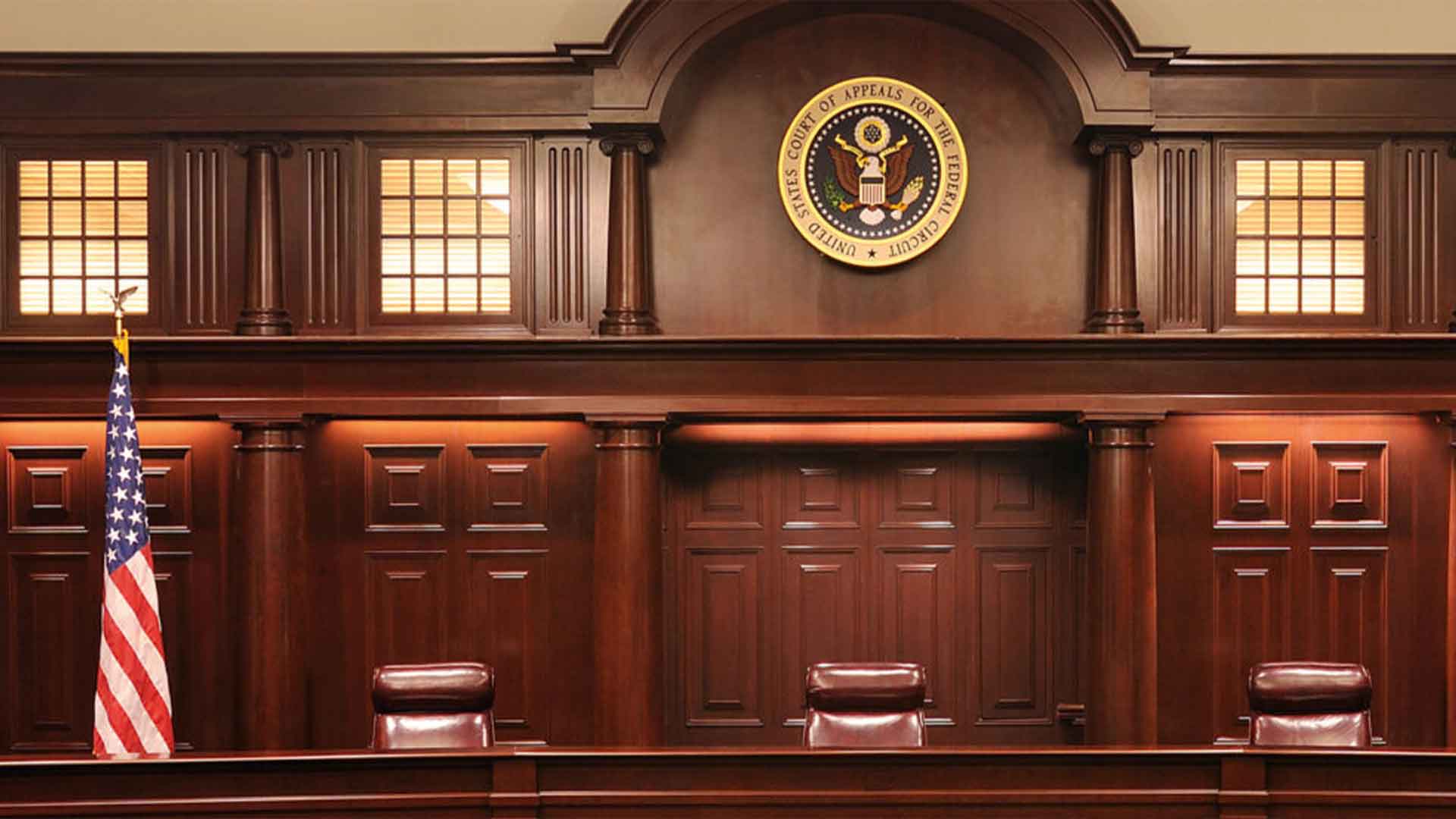
You are viewing your 1 free article this month. Login to read more articles.
The Hachette Book Group v Internet Archive case has come to a close after the Second Circuit – one of the United States Courts of Appeals – found that “controlled digital learning” infringes on copyright law.
The court ruled that, as well as lacking legal authority, this also harms authors and publishers.
The legal result was announced after the Internet Archive declined to file a cert petition with the US Supreme Court by the deadline. Plaintiffs included Hachette Book Group, HarperCollins Publishers, John Wiley & Sons and Penguin Random House.
The Association of American Publishers (AAP), which funded the action, praised the outcome for setting a precedent for other cases, such as those concerning the use of content by AI companies.
The primary focus of the case was the Internet Archive’s (IA) unlicensed, worldwide distribution platform, known as the “Open Library”, which allowed users to borrow scanned print books without the consent of authors or publishers, and without compensation.
The organisation claimed that, it or its partner libraries, could make and distribute unlicensed digital copies if they kept a copy of the print edition for each digital “borrow”. It also encouraged libraries to stop licensing e-books and use its platform.
The court added: “If authors and creators knew that their original works could be copied and disseminated for free, there would be little motivation to produce new works. And a dearth of creativity would undoubtedly negatively impact the public.”
The court concluded that digitising physical copies of written work is not transformative, adding: “The Copyright Act protects authors’ works in whatever format they are produced.”
The organisation is bound by a permanent injunction and must “substantially” compensate AAP.
Maria A Pallante, president and c.e.o. of the AAP, added: “After five years of litigation, we are thrilled to see this important case rest with the decisive opinion of the Second Circuit, which leaves no room for arguments that ‘controlled digital lending’ is anything more than infringement, whether performed by commercial or noncommercial actors, or aimed at authorship that is creative or factual in nature.
“As the court recognised, the public interest – and the progress of art and science that is the mandate of the US Constitution’s copyright clause – is served best when authors and their publisher licensees can decide the terms on which they make their works available.”
